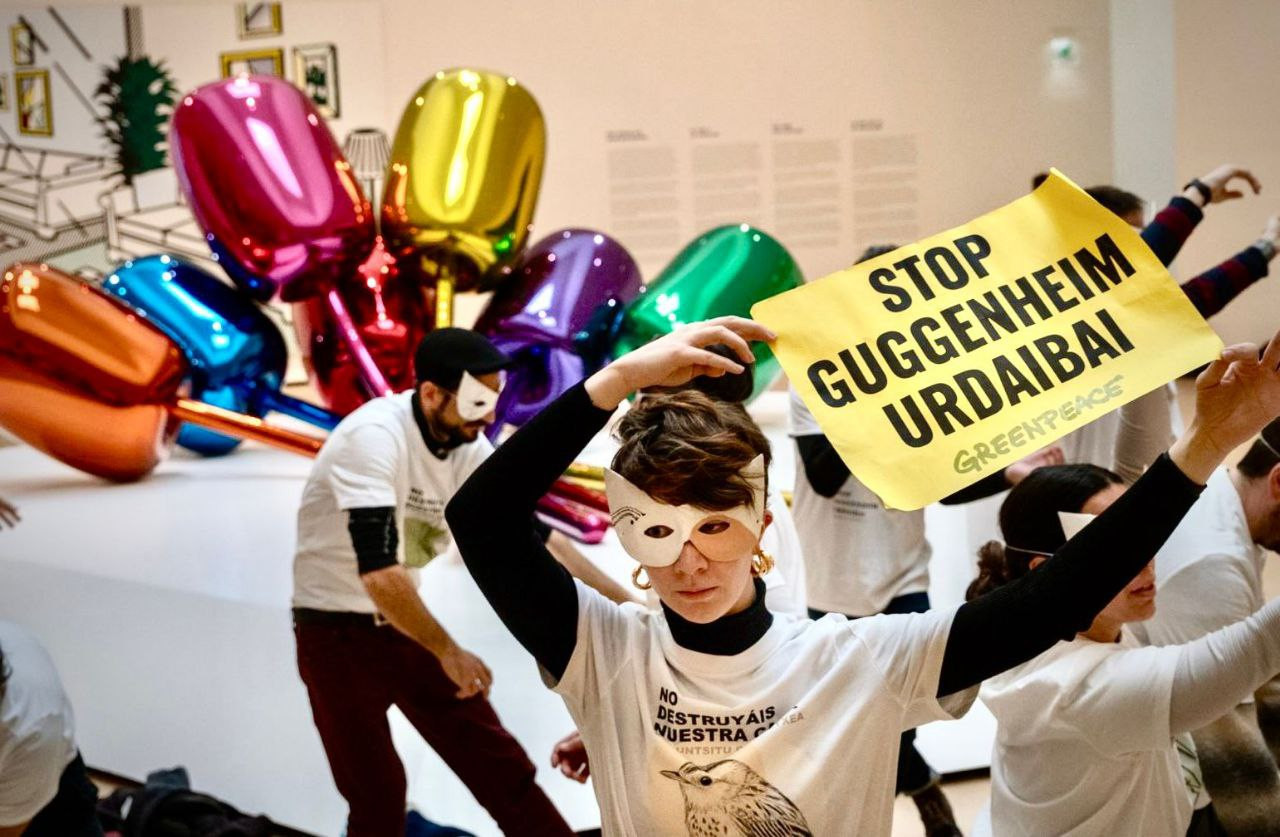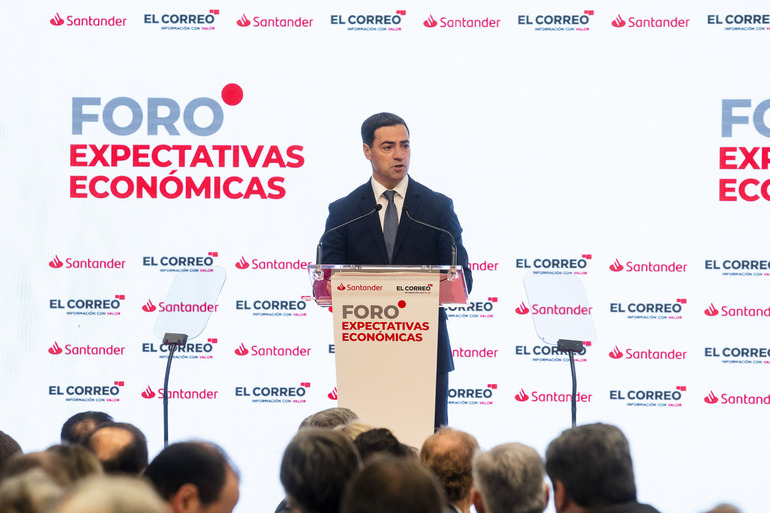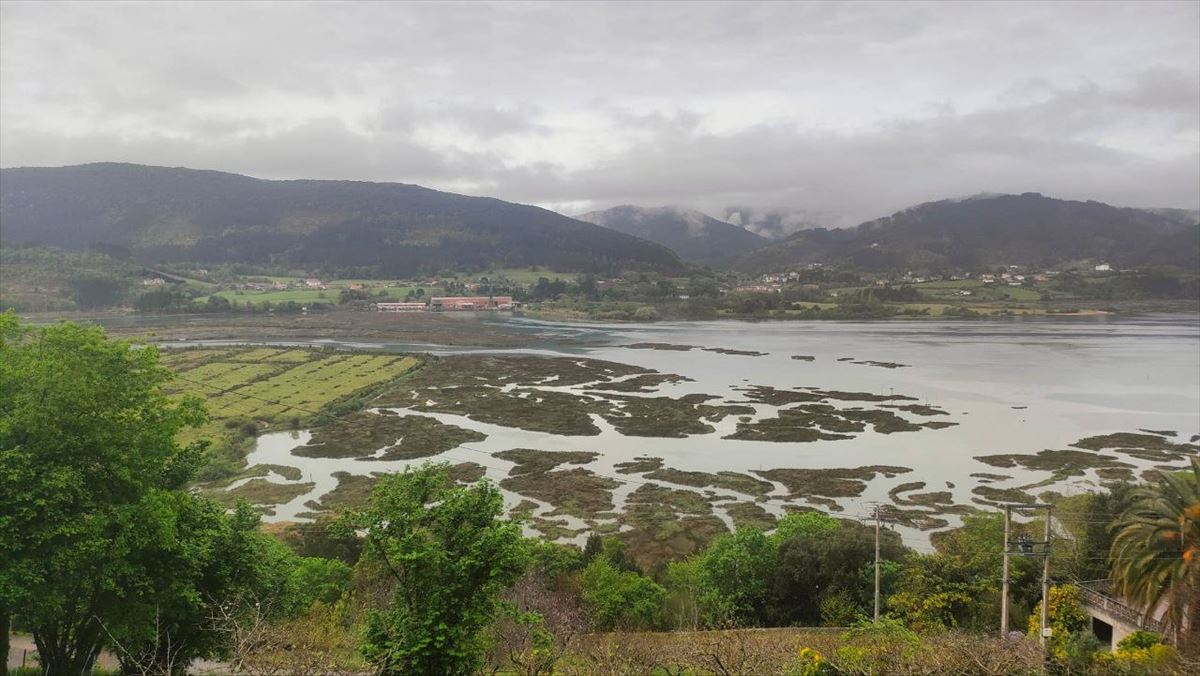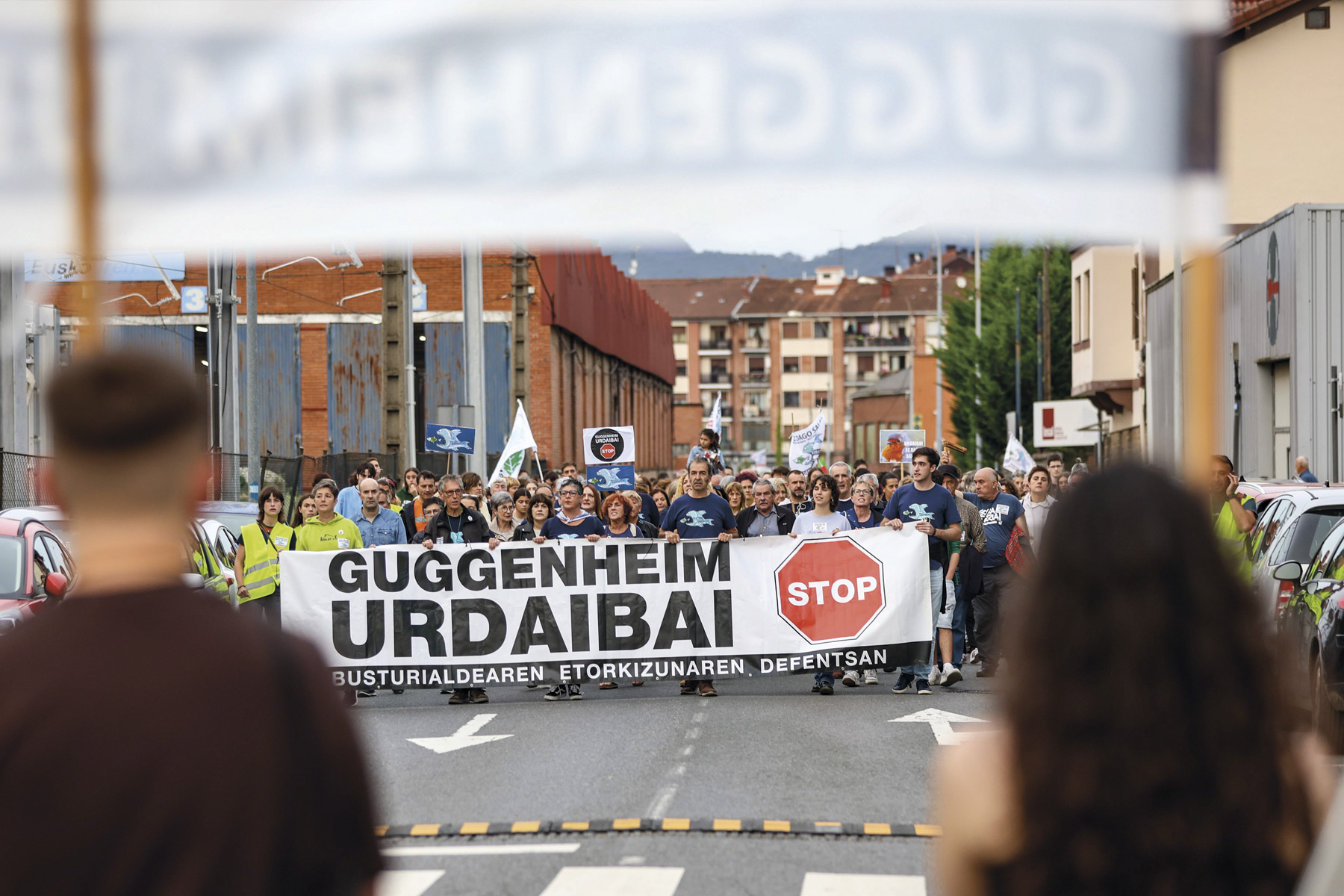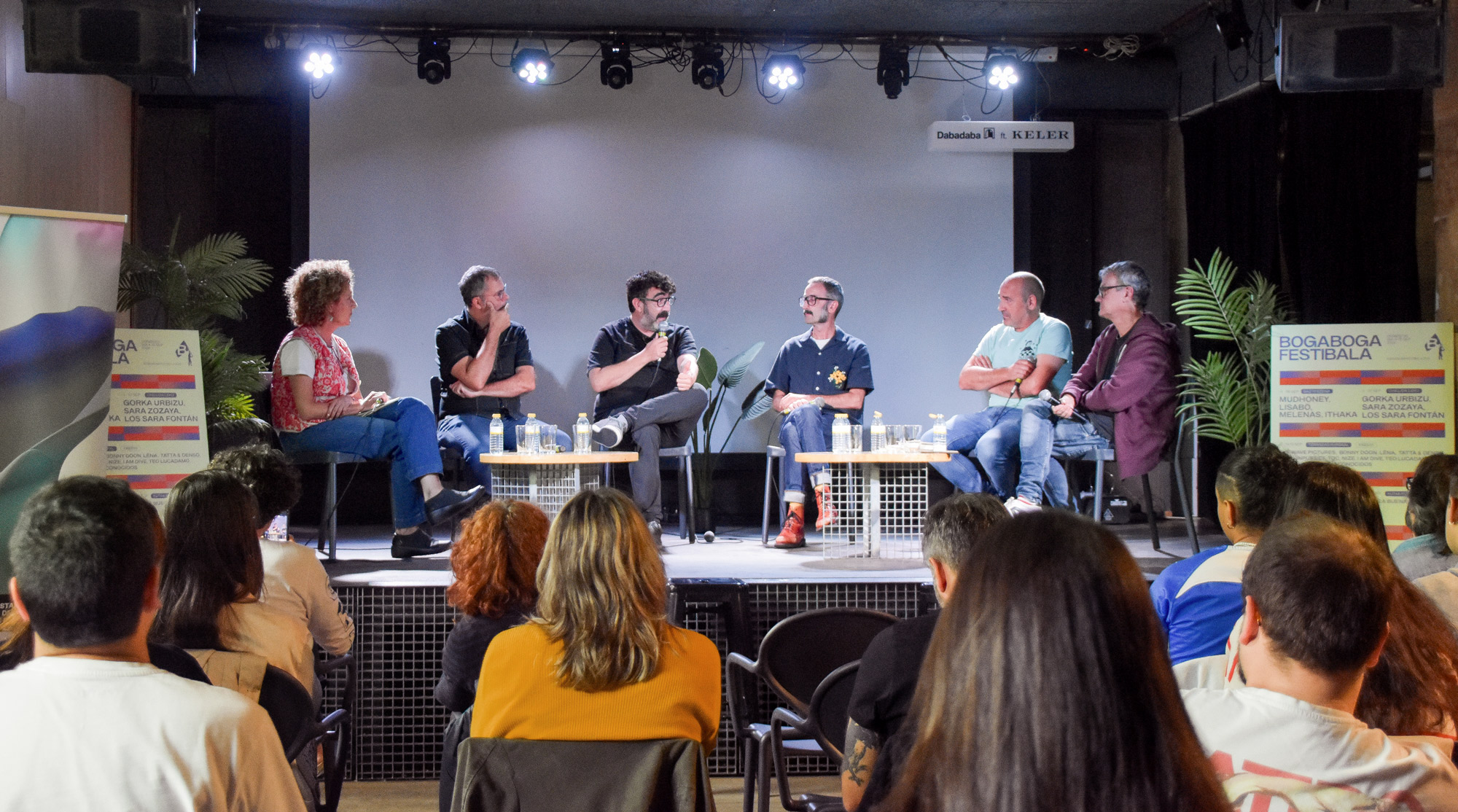To map out the Basque workers
- Lanartea is the association of Basque Professionals. Despite its associative character, it has a trade union vocation, they clearly underline it. Gradually, they are advancing in the reflection and improvement of the conditions of those dedicated to cultural creation in Basque.
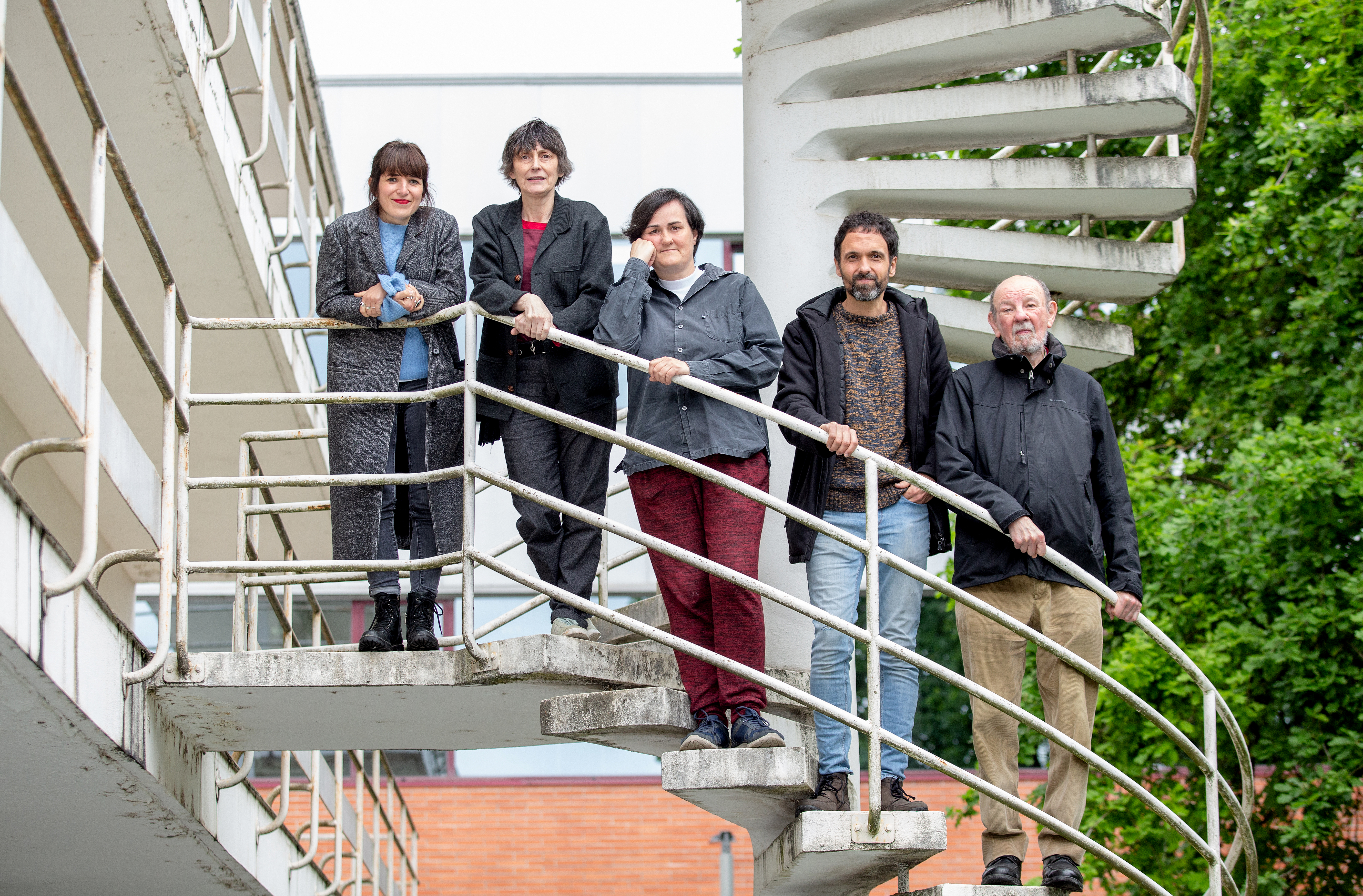
As explained by the members of the Association of Professionals of the Basque Country Lanartea, the Basque workers are the ones who have the Basque as a work tool: bertsolaris, writers, singers, illustrators, translators, narrators, playwrights... Because there are a lot of people who work in Basque without it being the Basque himself who does it. It is therefore Basque workers who work in the language and disseminate it in one way or another here and there. Most of them are necessarily self-employed, i.e. those who work providing their services to employers.
They decided to join the specificities and disabilities generated by this work regime, and three or four years ago they made the first Lanartea sparks: “In darkness we begin to seek light, to move our situation to a basic dignity. We soon saw that most of us looked like this. One of us says we are looking for miners.” They held a good number of small meetings, spent time diagnosing their situation, talking to each other, seeking solutions and claiming dignity. Three years ago an open assembly was held in Donostia, and this year the second in Azpeitia. Since then, various initiatives have been carried out, all aimed at cultural creation in Basque and its conditions.
Just over a year ago Lanartea has a liberated coordinator, and its activity has become more intense, in addition to creating a great map of problems for the builders, it is working with different people and associations. In these relationships, they exchange ideas about everything and try to unite to present their demands to organizations. Although for the moment the main function of Lanartea is to meet the needs of the self-employed, taking into account the cultural system, they consider professionals to those workers who, with full or sporadic dedication, create or interpret works in the cultural sphere in an autonomous system or spot billing. Lanartea is open to all Basque professionals, whether or not they are self-employed. But their intention is not to become a lobby, but to become a union. However, they have difficulties along this road and have had to constitute the association as a legal structure.
Coming out of the dark
What they insist is that they are workers. They are professional Basque workers with shared interests. They want it to be an organisation that brings together all these workers. They say it is a dark and precarious situation, and Lanartea has a mission to get out of the dark to change the working and living conditions of creators and interpreters. They say: “Those who have worked on the creation and interpretation of our language have spent up to 50 years in the dark. We lived precarious before making the precarious word of fashion, much earlier.”
Some of them have always been aware of this, others have been aware of their situation when talking about it: “Believing that we were artists, the name itself has harmed us, it continues to harm us. We are involved in the latest demonstrations against labour reform and, among other things, that is what we claim to be workers. Our work generates much greater economic benefit than we believe. By making a game of words, that benefit behaves with us, with creators, with cultural workers." In this chain the missing link would be yours.
Faced with this situation, they have managed to meet “where there was nothing”. First they have worked on contracts and contracts. A decalogue of good practice is being developed, but it has also been addressed in other ways, it is meeting with the departments of Euskera and the culture of the deputies and it has been possible to guarantee decent conditions in various initiatives, such as the (H)ilbeltza grant and the Lizardi prize. They say that for the first time they have put on the table a social dialogue, they have become active subjects. They clearly intend: “We have to vibrate the system of culture.”
Firstly, what they claim is the right to be treated with respect, which often does not happen either. They also denounce the existence of a lot of illegal customs. They cite as an example a global value contract: “Well? Global? And who makes us sign these contracts work to make our work global? And when we make a transfer of rights to make our work global, do we get paid to measure? And who decides that repair is such an amount, the plumber coming home, or us at home?”
In essence, they say that there are many customs that take precedence over law and rights, opening the door to abuse. But if that is possible it is because they work in isolation and they do not know how to defend their rights. This is turning around, putting the tools together and hand in hand.
Legal and regulatory complaints
To this end, they organize training sessions. Because Basque workers have to face many obstacles. On the one hand, they have to work under different administrations, and each administration has its own criteria. On the other hand, laws and regulations themselves are full of “katramil”, and knowing where the knot is is not always easy: “We know what they are, not always. Sometimes we do not know them, but all morning we are in the treasury of this Parliament, and we leave as empty as they enter, because local technicians, in the lights and shadows of current laws, do not understand our situation either. Being an autonomous Basque worker is a continuous course. No believer.”
According to the members of Lanartea, the work of the artists has an ethical and aesthetic value and if published it acquires an economic value: “We are the first link in the chain in creation, but we are the last link in the chain living from what we create ourselves.” In other languages, the situation is said to be similar in many areas, but the fact that the language is a minority worsens the picture: “Data and studies show that the subordination of one or two hegemonic languages to centripetal force and to market laws makes the minority language and its cultural expressions disappear.” In fact, they say that there are states that protect workers from their language. In such cases it is therefore a more or less protected species. Although here the importance of creators is also recognized, unfortunately they say that support is empty words, and that Spanish and French exclude the Basque from the economic circuit of the word. “The treatment is very unfair because they treat us as if we had the same momentum as cultural systems with millions of receivers and gigantic protective devices against ours.”
More than mercromin
According to the members of Lanartea, the figure of the current intermittence in the French state may be interesting, but it should not be idealized: “The intermittence in the French state, the status of artists in the Spanish state... And do you think they have also included the autonomous bertsolaris? Does anyone believe that he who is in Madrid has our news?”
The statute of the artists that are being created in the Spanish state will give the body builders a tax adapted in the Basque Country and Navarra, but they say that this is only one way to perpetuate the situation, “We are working our own statute since 2020. And that's what we're going to demand where it belongs." Asked about the laws and policies that would improve the situation speak of: “Laws, public policies… that improve the current situation a little, really? We also have bandages in the medicine chest of our house. How is the Basque at the moment? We need more than mercromin.” They consider that law and public policies only perpetuate the bad situation and care about the future as the present: “Let us not forget the future, the new generations of creators who will shape the future of culture in Basque. Is there a skeleton to keep your job? We don’t see it anywhere.”
Flowers on the knees
Lanartea produces a 38-minute documentary that gathers the experiences and dreams of seven artists. The poet and bertsolari Oihana Arana; the musician Amets Aranguren; the plastic artist and musician Kattalin Barcena; the illustrator Dom Campistron; the actor, clown and juggernaut Ekain Ibarguren; the filmmaker and musician Iker Maguregi; and the journalist, writer and bertsolari
They all talk about what the present desires of them and what they ask of the future. Soños, storms and impossible are outlined in the documentary, outlining a scheme of how our cultural world looks and the challenges of futuro.El documentary has already been presented in different places in
Euskal Herria.
In 2021 we began to hear the first echoes of the Guggenheim Urdaibai project. The then General Manager Unai Rementeria told us that it would be done yes or yes. To reinforce his claims, he left 40 million euros “shielded” by the time the museums were built. There it is!... [+]
We have known Aitor Bedia Hans, a singer of the Añube group for a long time. At that time we were reconciled with BEÑAT González, former guitarist of the Añube group. It was at the university time, when the two young people of Debagoiena came to Bilbao to study with music in... [+]
Two years ago Urdaibai Guggenheim Stop! Since the creation of the popular platform, Urdaibai is not for sale! We hear the chorus everywhere. On 19 October we met thousands of people in Gernika to reject this project and, in my opinion, there are three main reasons for opposing... [+]
With this article, the BDS movement wants to make a public boycott of the event to be held on 24 September at the Guggenheim in Bilbao. In it, they will have the presence of the renowned Zionist artist, Noa, who will present his last record work.
When, in the context of the... [+]
Mende batean, Baionako Euskal Museoak izan duen bilakaeraz erakusketa berezia sortu dute. Argazki, tindu edo objektuak ikusgai dira. 1924an William Boissel Bordaleko militarrak bultzatu zuen museoaren sorrera, "euskal herri tradizionalaren" ondarea babesteko... [+]










